My dad had a friend whom my sister and I used to be a bit afraid of when we were kids. In our imagination, he must have been a pirate which is how he had sustained his injury – half of his face was moving differently and his speech was strange. Then we grew up and our fear turned into admiration because we learned that my dad’s friend was a stroke survivor who instead of taking part in a brawl fight had battled with the consequences of a stroke at a relatively early age. Only he and his family knew what it truly meant and how difficult the recovery had been.
Caring for a stroke patient can be a challenging but rewarding experience. In terms of stroke recovery, it’s important to understand the effects and manage anxiety and stress.
If your loved one has suffered a stroke you would want to know if they will recover, and how long it will take. You may also wonder how their life will change and what kind of care they will need during the recovery period and after that.
What is a strokes
A stroke is an acute condition caused by an obstructed or ruptured blood vessel in the brain. This means that parts of our brain have stopped getting blood supply and with that, they are deprived of oxygen. This lack of oxygen results in the sudden death of millions of brain cells and the disruption of many connections to other parts of the brain.
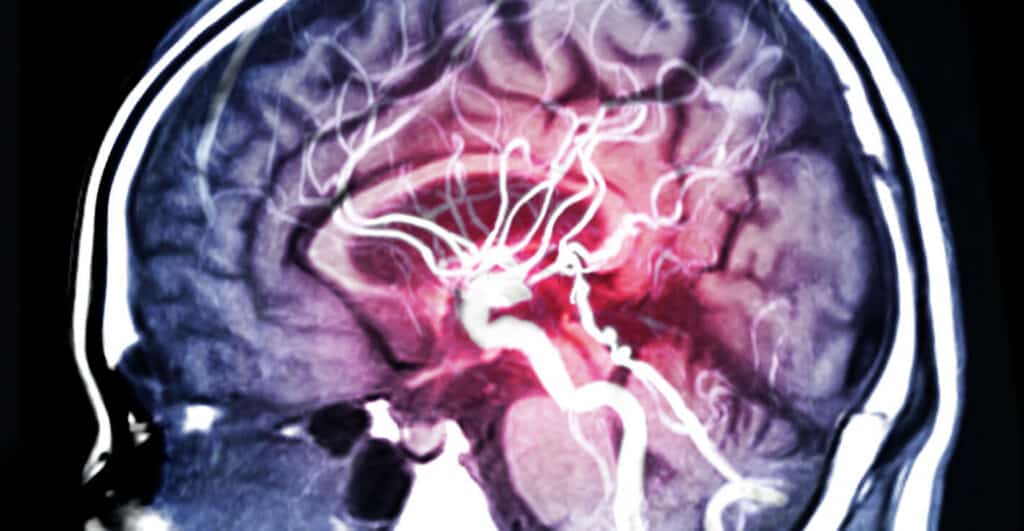
Since the brain controls all processes in our body and every ability we have, a stroke can cause unpredictable damage to any functions, such as body movements, speech, memory, digestion, swallowing, and breathing.
Causes of a stroke
The largest group affected by stroke are adults over 60 years of age, but the truth is that anyone, at any age can suffer a stroke. Certain factors, like
- high blood pressure,
- heart disease,
- high cholesterol levels,
- obesity,
- diabetes and
- sickle cell disease
All of the above increase the possibility of a stroke.

Lifestyle choices also are of great importance. Being physically active, eating a healthy diet rich in fiber and nutrients, drinking moderately, and abstaining from smoking can alleviate the of a stroke.
With age the chances of experiencing a stroke increase and they double every 10 years for adults older than 55. Genetics also play a role, as is the case with a family burden of diabetes, high blood pressure, and other conditions contributing to elevated risk levels.
Signs of a stroke
A stroke can present with a variety of signs, depending on what part of the brain has been affected. Sometimes symptoms are evident right away, and at others, they might go undetected. It is dangerous for a stroke patient to not get medical attention immediately because if this condition is untreated it can cause even greater damage to the brain and the body.
The most successful method of detecting a stroke in a loved one is by assessing their behavior according to the B.E.F.A.S.T. method. It is an acronym to help memorize the signs to look for.
- B – balance – can the person walk normally or are they leaning more to one side
- E – eyes – can they see well or are they losing sight
- F – face – is their face symmetrical or is one side drooping
- A – arms – can they lift both their arms parallel or is one weaker, or unresponsive
- S – speech – is their speech normal or slurred
- T – time – if any of the above signs are present, react swiftly and call 9-1-1
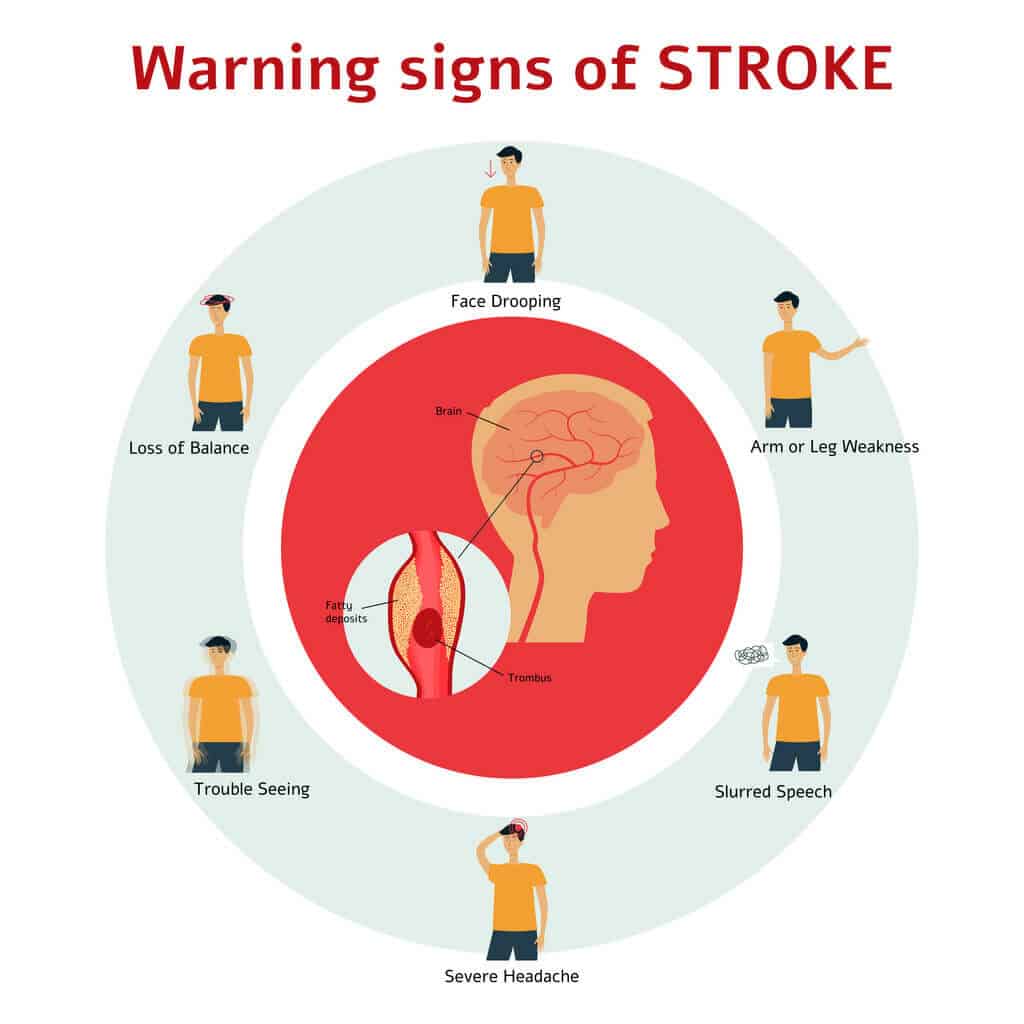
Commonly patients experiencing a stroke complain of numbness or weakness on one side of the body. They can also feel confused, have severe headaches, and experience trouble walking, seeing, or speaking.
Post-stroke difficulties
If your loved one has had a stroke they are in the high-risk category for experiencing another one. According to the American Heart Association, one in every four patients who are recovering from a stroke can suffer another one in the following five years. Therefore, post-stroke care is critical. We at Amy’s Eden provide qualified, knowledgeable, and experienced caregivers to assist you and your loved one in this difficult time.
Victims of a stroke may have permanent or temporary disabilities depending on the severity of the incident. After a stroke patients can suffer from one or more of these problems:
- Paralysis or lack of ability to move one or more parts of their body
- Cognitive problems related to concentration, learning, attention, memory
- Speech-related difficulties – understanding or speaking
- Emotional problems – difficulties controlling their emotions
- Pain or numbness in the hands
- Difficulties with swallowing or chewing food
- Difficulties controlling their bladder and bowels
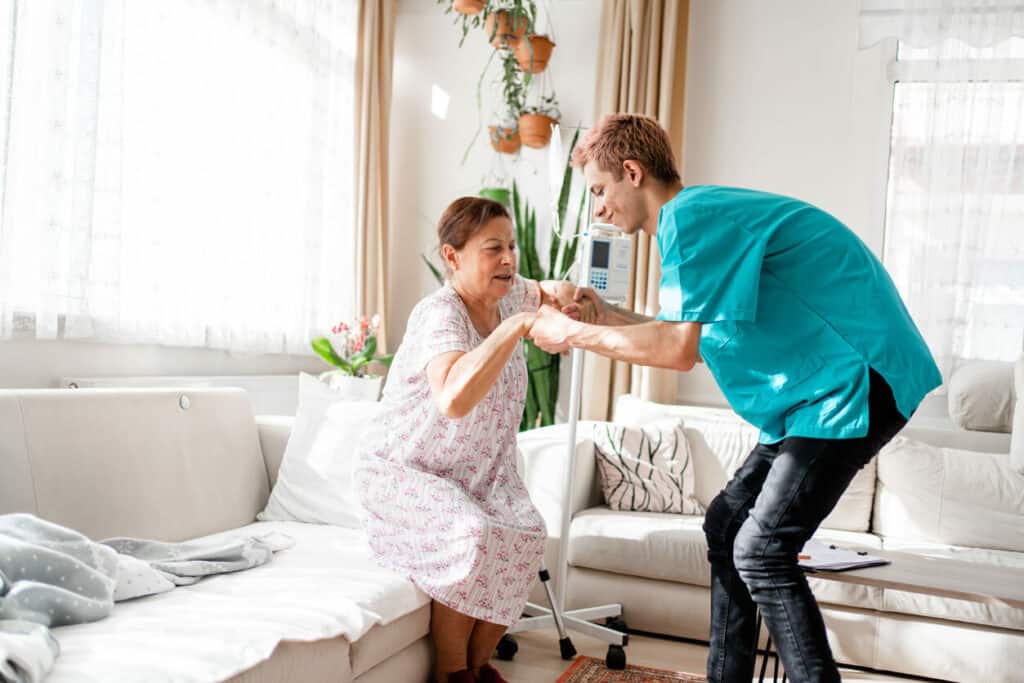
A lot of stroke patients need extra care at home as they may not be able to accomplish some mundane tasks, especially at the beginning of the recovery process. They may have trouble moving on their own or lack coordination and as a result, sustain injuries or need to use a wheelchair.
Families and careers also have special rights reserved to help them to find the services and support they need. By sharing content and information about your situation and searching for resources, people can find the help they need to care for a stroke patient in 2022 and 2023 and beyond.
Caring for a stroke patient at home
If you are considering becoming a caregiver who looks after a stroke patient at home it may help to learn as much as you can about the condition, its consequences, and what to expect in the period after it. You should ask the doctors about the treatment plan and the prognosis, as well as what changes you may have to implement in your life concerning the condition.
Quality care includes daily activities that improve mobility and prevent disability, including activities of daily living.
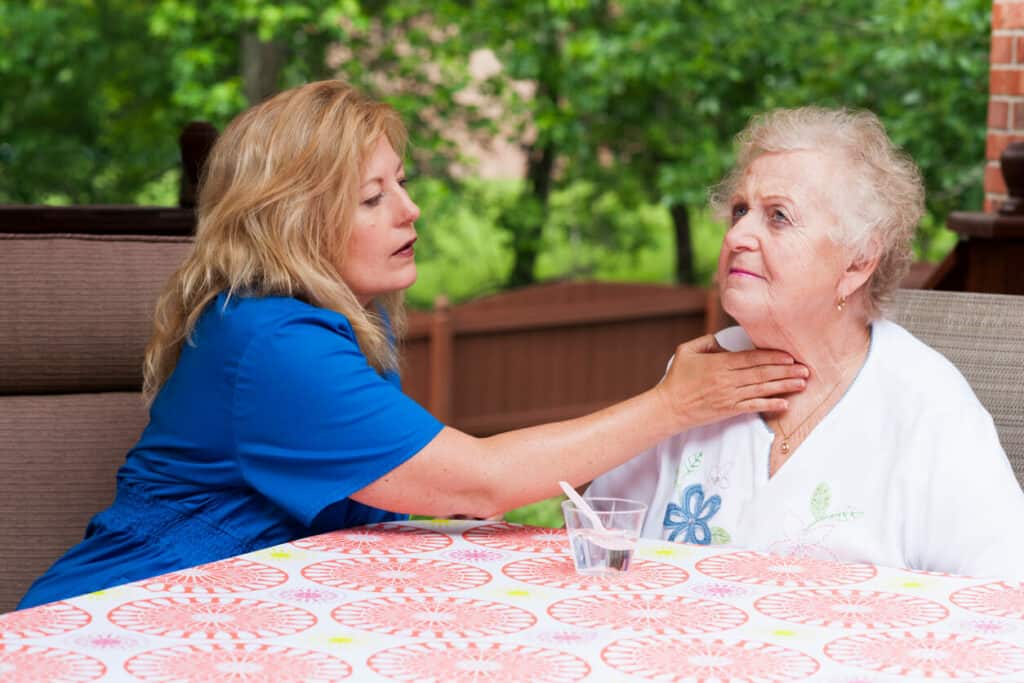
The rehabilitation period can be long and it is a good idea as a caregiver to assess the needs of the stroke patient first. Amy’s Eden service can also assist you with this assessment. Depending on how severe the stroke was your loved one may need more or less assistance some of which may consist of:
- Help with bathing, personal care, and dressing
- Schedule and drive the patient to doctor’s appointments or therapy sessions
- Assist with continuous physical and mental exercises at home during the recovery
The first thing experts advise is to prepare the house. Make sure that it is safe for someone who may have difficulties walking or reaching for things. You may have to safe-proof the environment by installing wheelchair ramps, and grab bars, or clearing clutter to make space for a wheelchair. Consider moving their bedroom and bathroom to the same level as the living space and preparing the floors so they aren’t slippery or easy to trip on. A lot of stroke survivors experience falls in the first weeks after they come back home from the hospital.
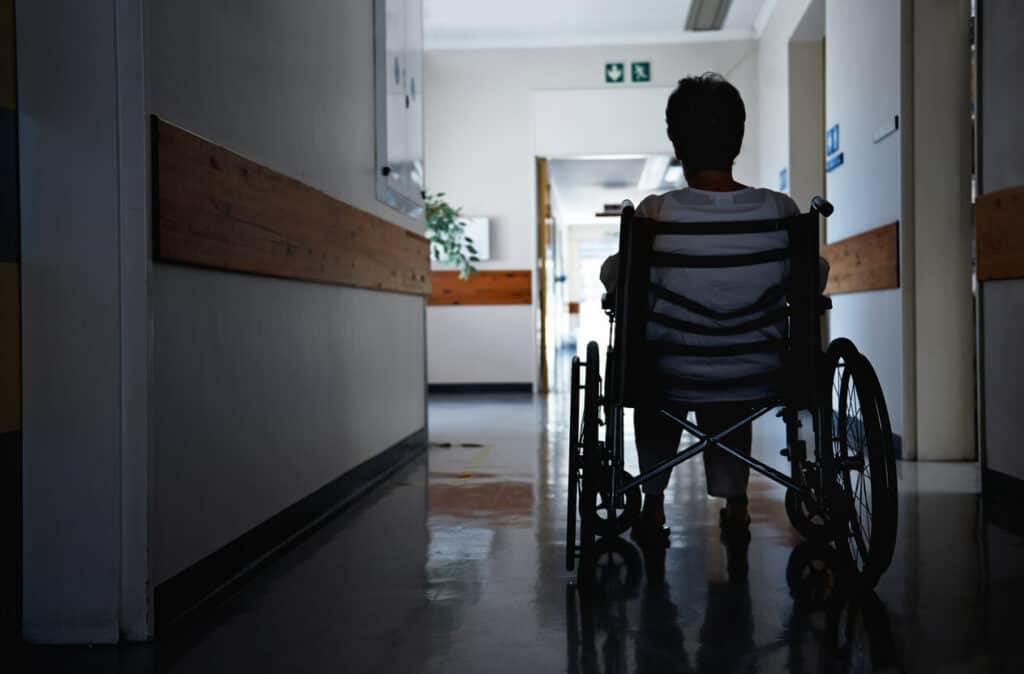
Next, expect to be confronted with a different personality. As your loved one has suffered a major life-changing event they need time to get to grips with how their abilities have altered and what this means for them. This may present as suddenly becoming a moody, stubborn, or depressed person but you shouldn’t get discouraged. It is common for stroke patients to suffer from depression or to have difficulties controlling their emotions. It might be a good idea to contact their health provider and ask for professional help with this.
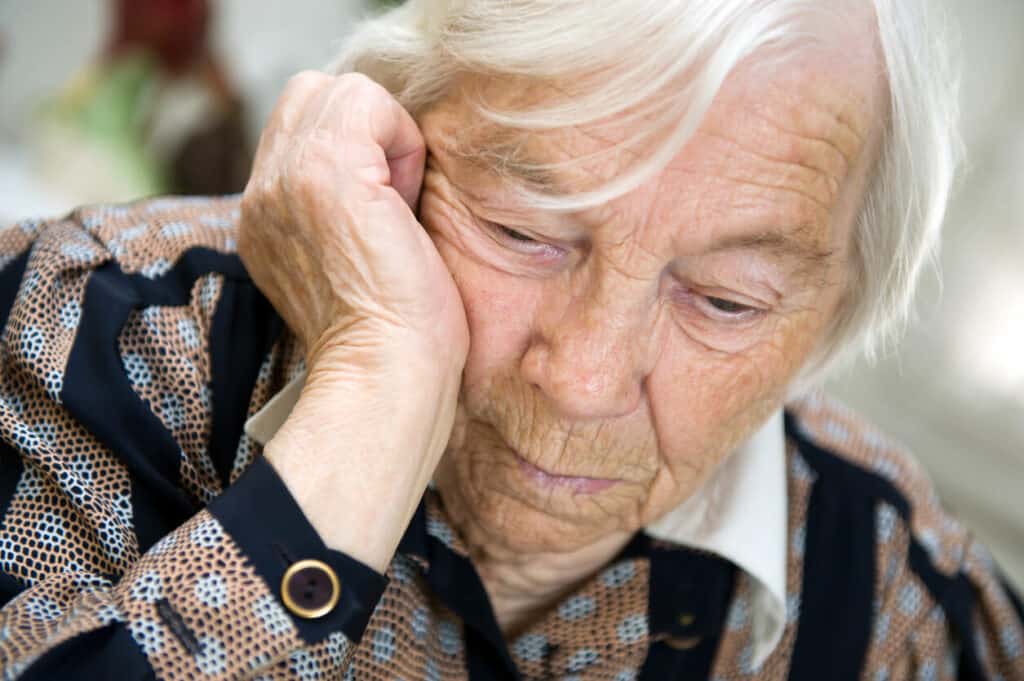
Implement lifestyle changes to decrease the risk of a second stroke. As stroke victims are at a much higher risk of experiencing another one, you should make sure they have a healthy lifestyle. This may mean providing home-cooked, nutritious food, encouraging exercising or any form of physical activity, and keeping sugar and cholesterol levels under control.
Accompany them with physiotherapy, physical, or speech therapy. This will provide your loved one with additional motivation and support during the difficult rehabilitation process. Taking part in therapy sessions will not only allow you to encourage your loved one but also learn how to help them better at home.
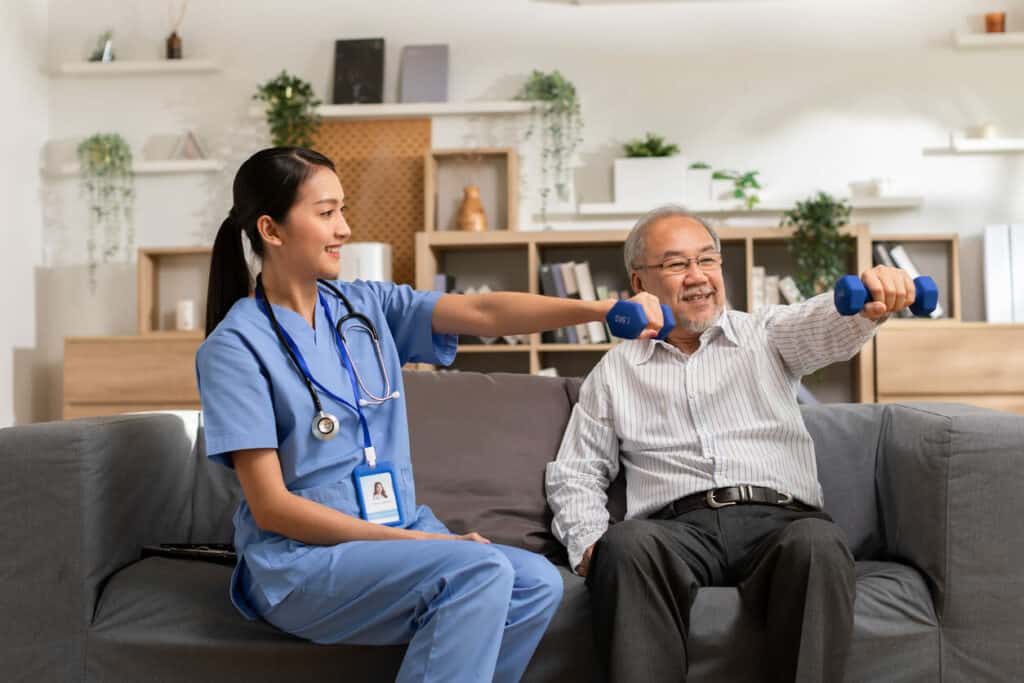
Keep your patience, stay optimistic, and recall happy memories. The recovery after a stroke is a long and unpredictable process. Sometimes it may feel like there is no improvement or things are getting worse. It is important to stay positive, remember the good times you have had together, and cherish every moment with your loved one. This will help both you and the stroke survivor overcome post-stroke depression and stay focused on recovery.

Healing for the whole family
New resources and tips are always available from healthcare professionals and community members, including nursing and social services. A team approach, including the doctor and other members of the healthcare team, can help reduce stress and improve the skills needed to manage stroke recovery. Many facilities can greatly help out and coordinate with this team mindset.
You, as a caregiver, the stroke patient, and your whole family need time to heal. You have experienced a sudden change and you need to deal with the emotions and the grief that the stroke has caused. Your loved one has to overcome a lot of hurdles and they may never be the same person as before the incident. You all will feel grief for what has been lost as abilities or opportunities.
That’s why it is important to ask for help. Help can come in many different forms. Joining a support group can provide emotional assistance. Taking an offered hand from another family member or a friend can be immensely helpful. Getting professional help that Amy’s Eden provides will additionally alleviate the feeling of not doing enough to help your loved one in their recovery.




